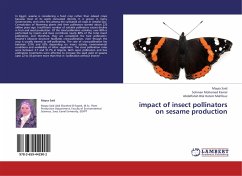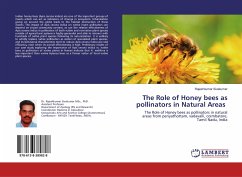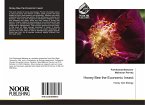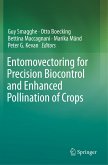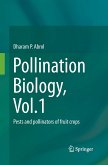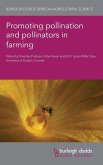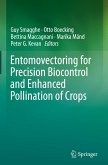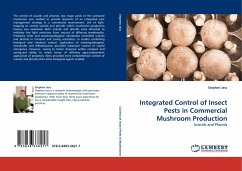In Egypt, sesame is considering a food crop rather than oilseed crops because most of its seeds consumed directly. It is grown in many Governorates, and ranks first among the cultivated oil crops in Ismailia Gov. Co-evolution of flowering plants and their pollinators started about 225 million years ago. Insufficient number of suitable pollinators causes decline in fruit and seed production. Of the total pollination activities, over 80% is performed by insects and bees contribute nearly 80% of the total insect pollination, and therefore, they are considered the best pollinators. Sesame s blossom structure facilitates cross-pollination, even though the crop is usually viewed as self-pollinating. The rate of cross-pollination lies between 0.5% and 65% depending on insect activity, environmental conditions and availability of other vegetation. The cross pollination rates were between 2.7 and 51.7% in Nigeria. Both open pollination and bee pollination treatments were effective to increase the seed yield of sesame upto 22 to 33 percent more than that in pollination without insects .
Bitte wählen Sie Ihr Anliegen aus.
Rechnungen
Retourenschein anfordern
Bestellstatus
Storno

